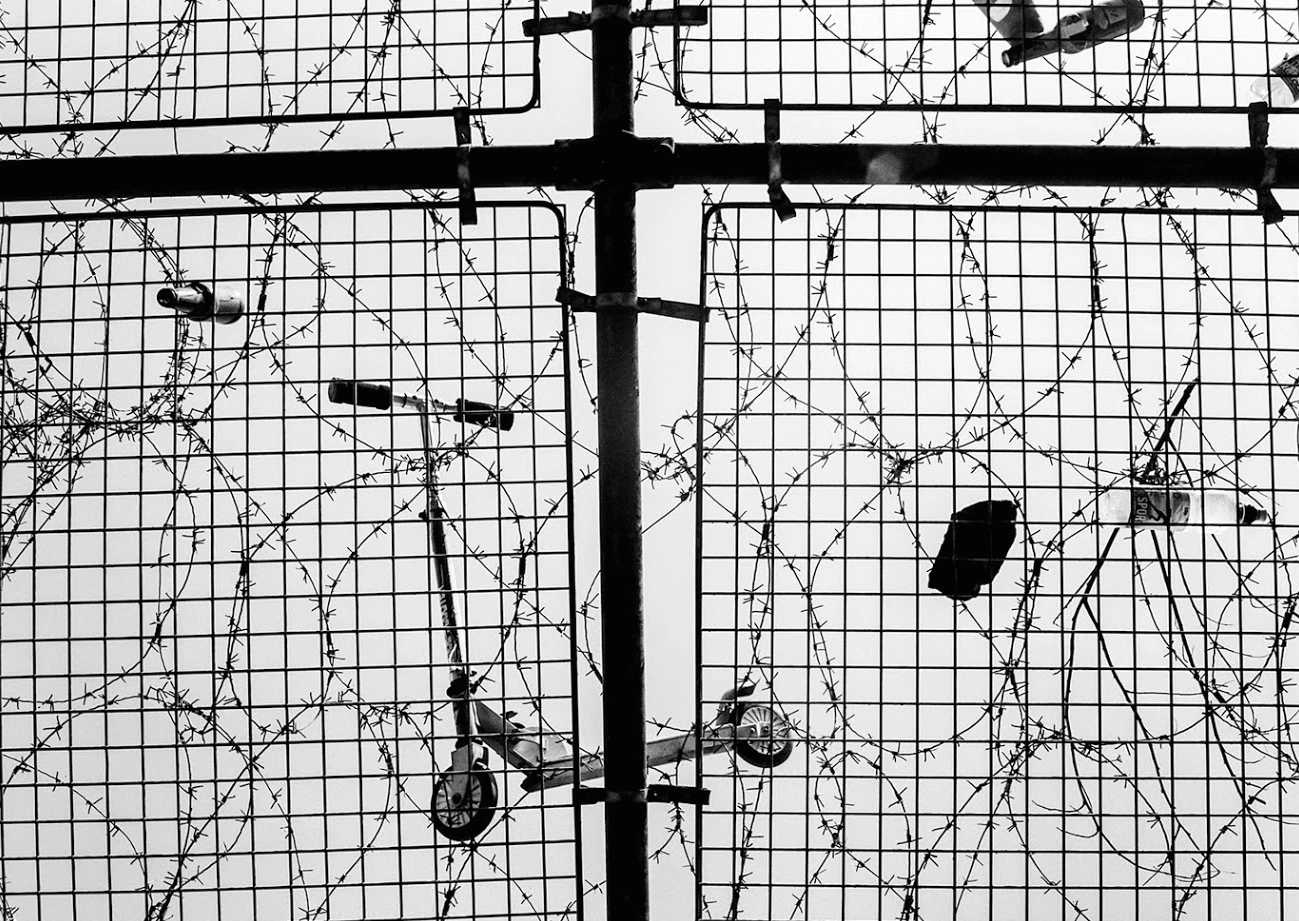
Congratulations on winning Zealous Stories: Photography! You have been documenting the daily life of teenagers in British working-class communities since 2004. How has the narrative evolved over this period?
I have been working on this topic at very irregular intervals and in different cities in the UK. Nevertheless, there is an astonishing uniformity in the content and look of this long-term project. In socially weaker neighbourhoods, not much has changed for young people within the last 15 years. Despite the benefits of youth work and more social housing, kids still spend a lot of time on the streets – with friends, bored, frittering away time, playing football. Unfortunately, often consuming alcohol and drugs. A lack of perspective is still palpable, which has intensified as the disparities between rich and poor have increased immensely.
More recently, you have focused your work on Belfast in Northern Ireland. Could you give us some context around this?
After the Brexit referendum I focused my series on Belfast. Even then, there were fears that Brexit could reopen old wounds, especially in Northern Ireland. Unfortunately, this is exactly what happened. And although reasons for the current outbreak of violence in Belfast are certainly more complex, the unresolved customs issue in the Irish Sea certainly plays a role.
In my book, I have deliberately portrayed the generation that was born after the Good Friday Agreement, and never directly experienced the Troubles. Although Protestant unionists and Catholic nationalists lived peacefully side by side for the most part, a real rapprochement never took place, e.g. in everyday life. My work shows kids from both sides of the Peace Walls who, despite their ever-emphasised differences, actually have much more in common than they would like to admit. The hostility is mainly fuelled by the older generation – and that’s the case again now. The future of these young people is put at risk and their lack of perspective is instrumentalised.

Your photo essay, Wee Muckers: Youth of Belfast, explores the violence and distrust that young people encounter – how do you go about capturing the emotional challenges faced by these kids?
I spend a lot of time with the young people, slowly building trust with them. I believe this is the only way an opening can happen, and then moments come up that show these emotional challenges. Often you are faced with situations that demonstrate strength and violence, alongside great vulnerability.
Do you consider yourself a documentary photographer, or does your practice extend to other genres?
I would always consider myself a documentary photographer. Journalistic content and topics relevant to our society will always be the driving force for my work. Visually, I like to move between the border of documentary photography and fine art, creating clear and strong imagery.

What equipment is a must-have for you when capturing your photographs?
Probably a pack of cigarettes…
What one piece of advice would you give to an aspiring photographer?
Always be open, honest and follow your heart.
What’s next for you? Are there any future projects that you would like to accomplish?
I am currently working on a series about teenagers in lockdown from socially disadvantaged neighbourhoods in Germany. Without attending classes at school or homework help, they have been practically excluded from education for a year. Home schooling has failed due to the lack of technical resources such as computers / tablets and parents’ lack of language skills. Without a school canteen, they often miss out on their only hot meal of the day. These kids have hardly any opportunities to organise their daily lives, with youth clubs offering a very reduced range of activities and swimming pools and sports clubs closed.
Originally as a stopgap solution because I could not travel myself, I have since immersed myself in a milieu of clans, rocker gangs, drugs, violence and prostitution in which the children grow up. In between, however, the district is characterised by solidarity and cohesion. When I have collected enough good material, it will become my next book. Stay tuned!
Watch the full video of ‘Wee Muckers – Youth of Belfast’ here.
Let us know you want us to write more content like this with a love!
Share
Authors





